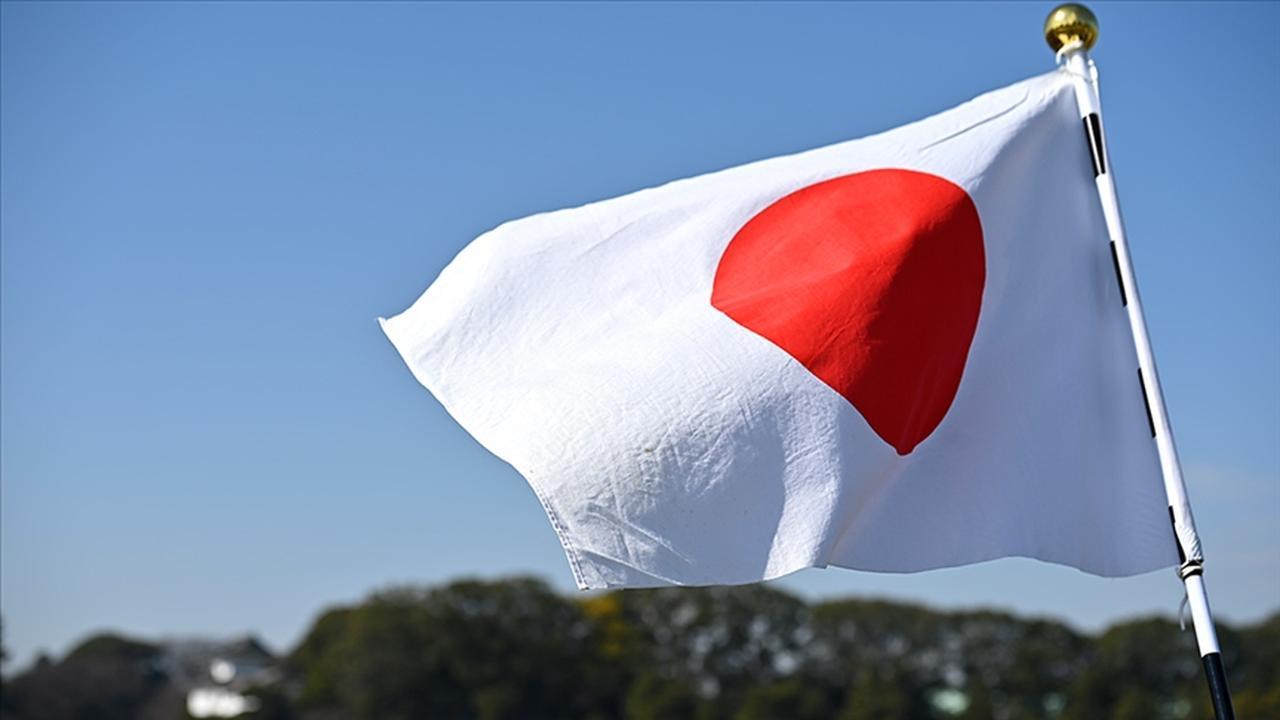
Japan continues to trail significantly behind other major economies in gender equality, maintaining its position as the worst-performing G7 country in the World Economic Forum's 2025 Global Gender Gap Report, released Thursday.
The world's fourth-largest economy ranked 118th out of 148 countries surveyed, weighed down primarily by women's limited participation in political leadership roles, according to the Geneva-based organization's annual assessment.
Japan's political empowerment ranking of 125th reflects a government structure where female representation remains minimal. The country has never elected a female prime minister and currently maintains few women in Cabinet positions, contributing to its poor showing in the political category.
The gap between Japan and other G7 nations remains substantial. Italy, the second-lowest ranked G7 country, placed 85th overall—33 positions ahead of Japan in the global standings.
Despite these challenges, Japan showed measurable improvement in women's economic participation, driven by increased female workforce participation. However, the country still ranked 127th in economic participation and opportunity, indicating persistent barriers to women reaching management positions.
Japan's overall gender parity score improved marginally to 0.666 from 0.663 in the previous year's report, suggesting incremental progress in closing gender gaps across multiple sectors.
The Nordic countries dominated the top rankings, with Iceland claiming the first position, followed by Finland and Norway. Within the East Asia and Pacific region, New Zealand achieved the highest ranking.
The World Economic Forum's annual report measures gender gaps across four key areas: economic participation and opportunity, educational attainment, health and survival, and political empowerment. The index scores countries on a scale from 0 to 1, where 1 represents complete gender parity.
Japan's persistent low ranking highlights ongoing challenges in a society where traditional gender roles remain influential in both corporate and political spheres, despite government initiatives aimed at increasing female participation in leadership positions.